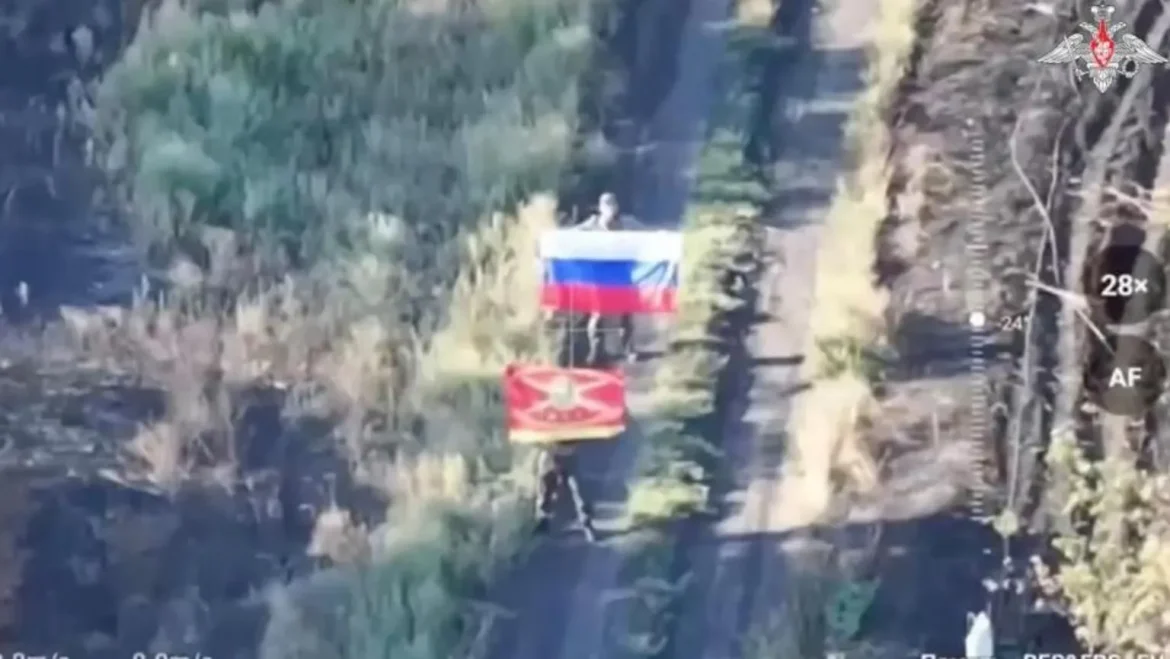Ukraine confirms Russian advances into Dnipropetrovsk amid intensifying conflict. This marks the first major offensive in this region, as confirmed by Viktor Trehubov from the Dnipro Operational-Strategic Group of Troops, who stated that although the Russian advance was halted, the incursion represents a critical point in the conflict.
Throughout the summer, Russia has maintained that its forces have made progress into Ukrainian territory from the Donetsk region, suggesting strategic shifts in the war’s dynamics. Early reports from June claimed Russian offensives were initiated in Dnipropetrovsk, but Ukrainian authorities insist that any breaches remain minimal and controlled. Despite Russian claims of control over villages such as Zaporizke and Novohryhorivka, the Ukrainian Armed Forces assert they maintain control over these areas and hostilities continue to be actively managed.
Dnipropetrovsk, known for its significant industrial capacity and pre-war population exceeding three million, stands as a crucial strategic asset for Ukraine. Its capture would not only represent a morale blow but also a logistical challenge for the nation. Although Russian advances have been markedly slow and costly in terms of casualties, they have had recent territorial successes in Donetsk, albeit temporarily halted in areas like Dobropillia.
Diplomatic efforts led by the United States to resolve the conflict have faced setbacks. Despite meetings between President Donald Trump and Russian President Vladimir Putin, progress remains elusive. Trump suggested preparations for a summit to discuss peace initiatives, but skepticism prevails with Russian Foreign Minister Sergei Lavrov noting the lack of a concrete agenda for such a meeting.
As global discussions continue, the European Union’s foreign policy chief, Kaja Kallas, cautioned against conceding Ukrainian territories as part of peace negotiations, describing it as a potential strategic error. Concurrently, Ukrainian President Volodymyr Zelensky has called on Western allies to forge ahead with security guarantees, meeting with military leaders like Britain’s Adm Sir Tony Radakin to discuss potential post-conflict support. German Chancellor Friedrich Merz emphasized the need for long-term defensive capabilities for Ukraine, urging serious diplomatic engagement from Moscow.

